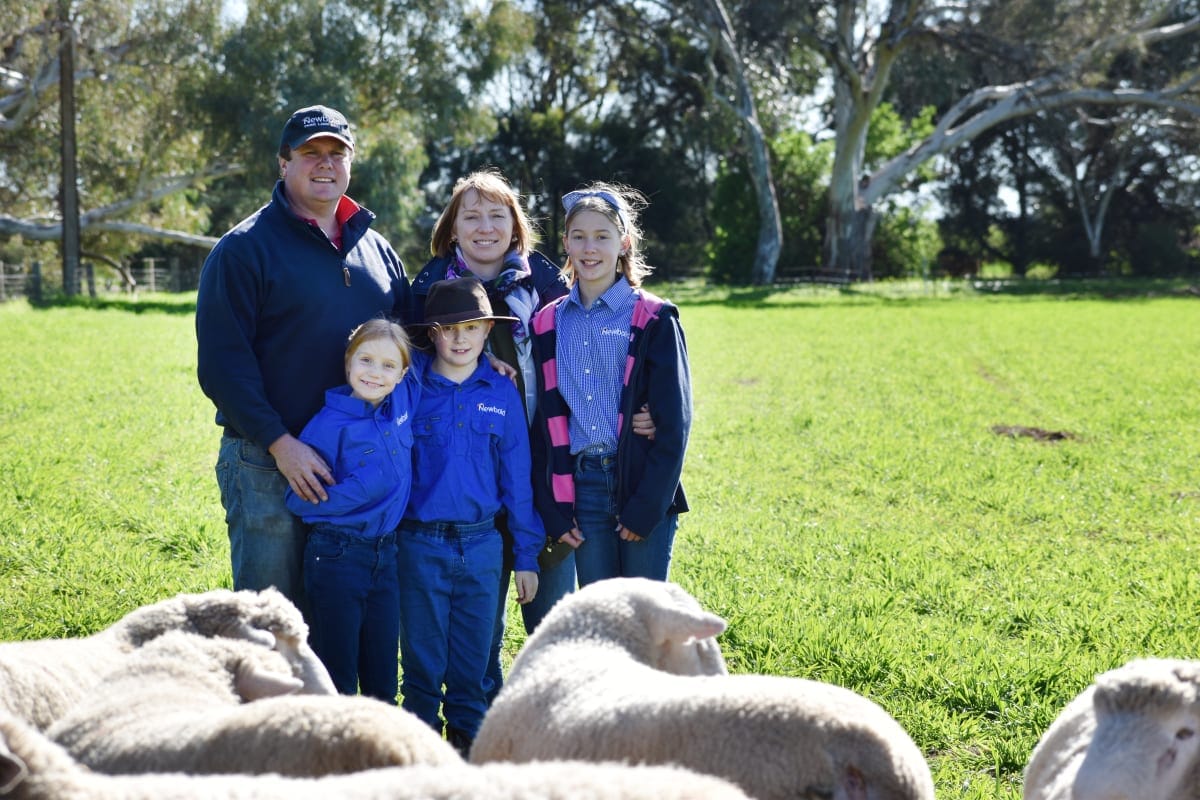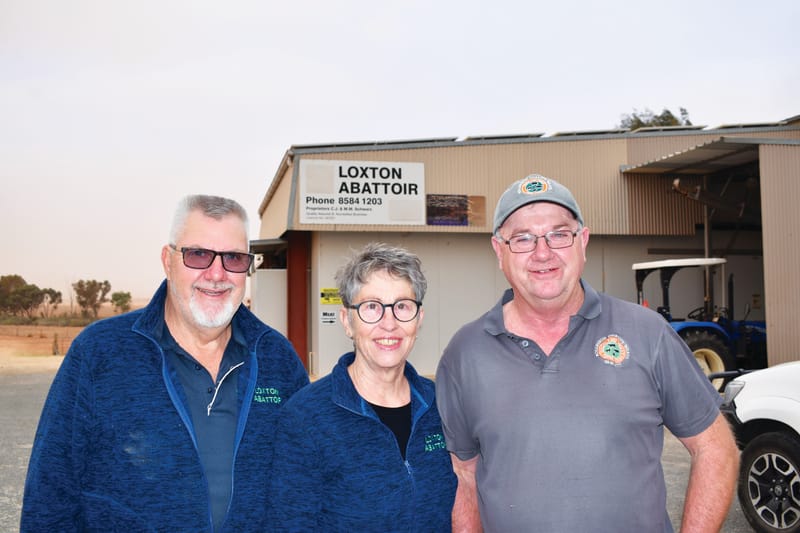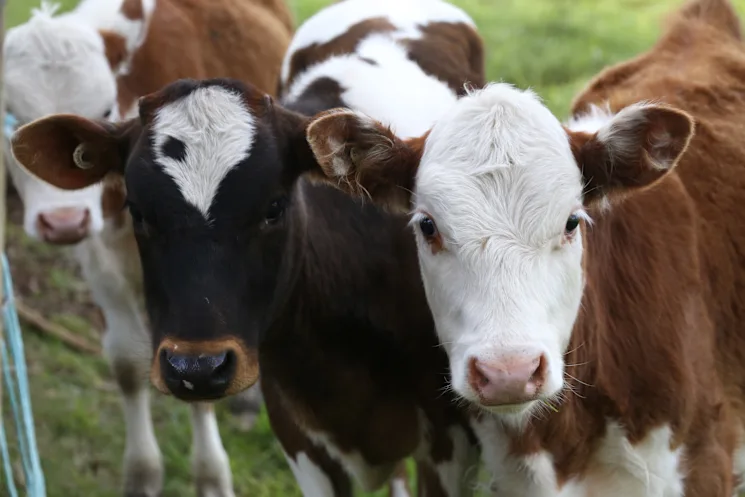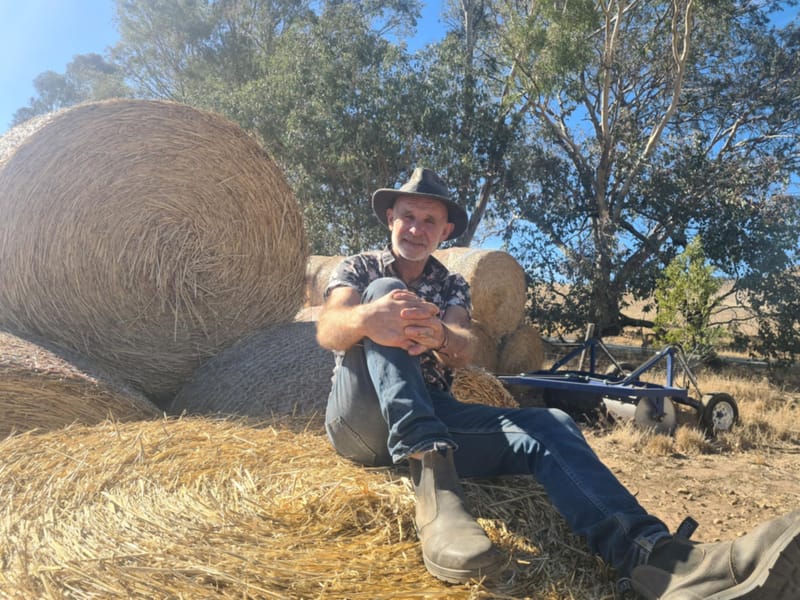Newbold keeping up with the world
IN an ever-changing climate of increasing cost of living, quickly evolving technology and labour shortages, the livestock breeding industry is no different when it comes to feeling those impacts. Covid-19 in particular has brought on changes, such...

IN an ever-changing climate of increasing cost of living, quickly evolving technology and labour shortages, the livestock breeding industry is no different when it comes to feeling those impacts.
Covid-19 in particular has brought on changes, such as online auctions, different methods of sheering and alternate ways of promoting livestock, leaving the industry with no option but to adjust.
Newbold Studs in Gawler River are no rookies to the industry, with more than 100 years of experience selling, buying, breeding and tending to their livestock in more ways than one.
Ahead of their 79th annual on-property sale in September this year, the family have made some significant changes to how their livestock business is run – some chosen and others forced.
In 2017, Newbold decided to go digital; swapping the manual logging and plastic tags on each animal, for electronic devices and a scanner.
Father Bill Close, daughter Kate McLachlan and her partner Craig McLachlan shared that electronic tagging is a soon-to-be requirement across all states in the country, and are glad they beat the law to the punch.
“That’s probably one of the major changes, and the electronic ear tags which is pretty topical at the moment because they’ve just made it, or are about to make it compulsory in 2025… we’ve been doing that since 2017 and it’s great for us,” Bill said.
Included in this year’s State Budget was a $3.2m spend over two years to implement eID for sheep and goats, helping enable improved response times and reduce the economic and industry impact of any disease outbreaks.
“For us it definitely is a huge advantage because it makes record keeping easy and more accurate. Everything was paper but now it all just records on a machine, I can plug it into the computer and download that straight away,” Craig said.
“It was fairly straightforward. We had to go through and give all of our ewes an electric tag, so we just bit the bullet and did our whole flock. Then we could update our data on the computer and from there it was smooth sailing.”

Similar to transitioning to electronic tagging, Newbold have transitioned from just in-person and website sales, to the plethora of online platforms needed to keep up with technology.
Another huge adjustment that was instigated by the worldwide pandemic, the family have had to conduct virtual auctions.
And while in person ones are still held, there is a large online presence and expectation in the current world.
“Covid has really brought on auction sales online… previously you’d show your sheep and go interstate to do that, and now they can see them online,” Bill said.
“The degree of showing has dropped and it’s questionable if it’s worth [the travel] but then if we don’t show them there’s a huge miss out in social interaction and comparing your sheep directly with other people.
“The auction is online, people can bid online during the auction and bid on stock. They can all sit there at their home computer and bid… we’d been thinking about it, then Covid came along so we did it.
We’re in an interesting phase of the stud industry.”
Aside from online auctions, there is also expectation that catalogues of stock aren’t just on a website or viewed at physical sales.
Now, each ram is filmed and showcased online via video format, to show “the way it walks, the way it stands” and to “demonstrate the structural soundness” of each animal.
“The way people shop for sheep now… it’s all online,” Kate said.
“A few years ago, it was okay to just have a website whereas now you need to have all of these other platforms. Basically, you’re not showing, but all the time you would spend showing is now just spread out over the year doing all of these other activities.
“What we found last year, everyone’s got so many videos that you end up getting ram video fatigue. You start saying, what ram did I see? But it does give you access to animals that are in a different state that you may have never seen before.”
Lamb prices are currently changing dramatically, labour shortages are still very present and costs such as fertiliser are still through the roof.
“This ram selling season is a bit of an unknown. Certainly, there are other pressures in other farm inputs like fertiliser, chemicals, those kinds of things have increased in price, a lot of it over Covid,” Kate said.
Bill said last year’s costs were a “lot higher” and fertiliser went from a mere $600, up to $1600 during the first year of Covid-19; and only now back down to the $1000 mark.
“Also finding labour has proved a difficult challenge; labour is an expensive thing,” he said.
An error can cause a lot of financial damage given the expensive machinery so it’s about finding people who are capable.
“They don’t necessarily have to be trained but have to be alert and responsive, and take an interest in the job so, that’s certainly a challenge for most industries but particularly ours.”
With so many changes underway, and more to come, Newbold are taking each adjustment in their stride.
This includes a new mobile machine that comes out to your farm, can hold down the rams while they are being sheered and reduce the impact on the bodies involved.
The family at Newbold Studs are excited for the future of the industry, but are ready for any challenges that might come their way.





